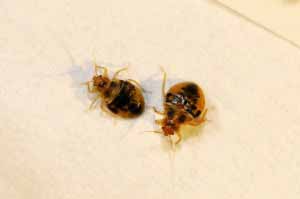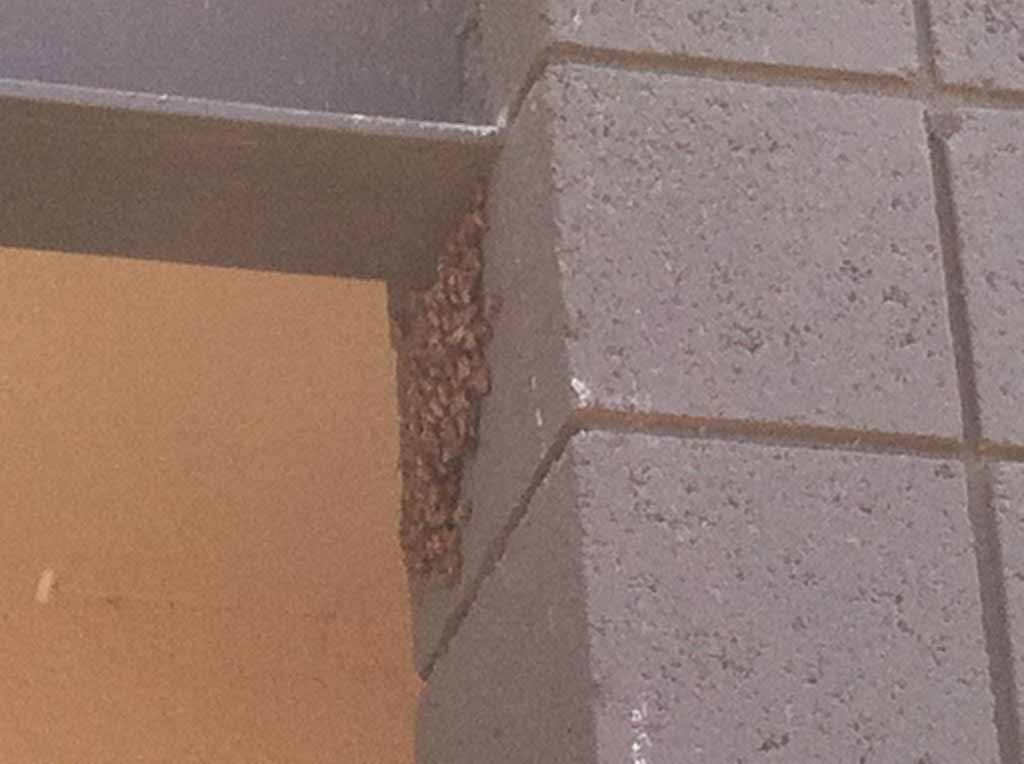News about Bed bugs and pesticides
News is showing research that bed bugs are adapting to pesticide usage and they might be thickening their skins to avoid the pesticide. Every day we are learning more and more about what is happening in the way of bedbugs, some cities are
“Bed bugs are becoming resistant to some Insecticides”
or “Cuticle Thickening in a Pyrethroid-Resistant strain of Common Bed Bug”
The EPA is deciding on reducing pesticide usage, what and if they decide to reduce some pesticides can influence what is used and when. It may be that in the future we will be limited to newer products.




